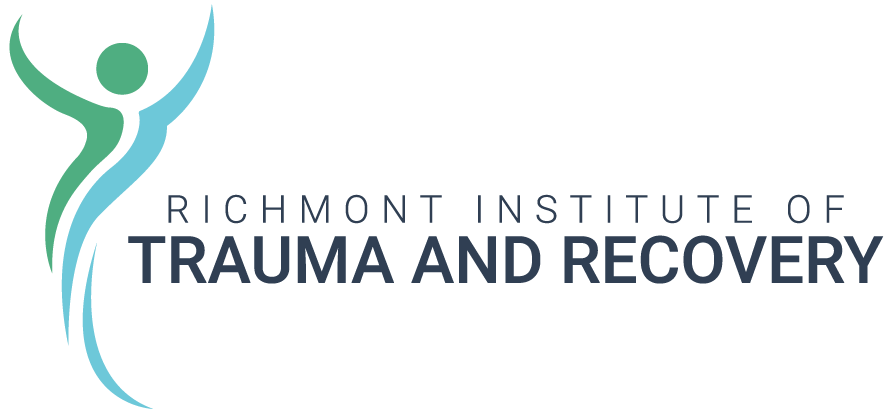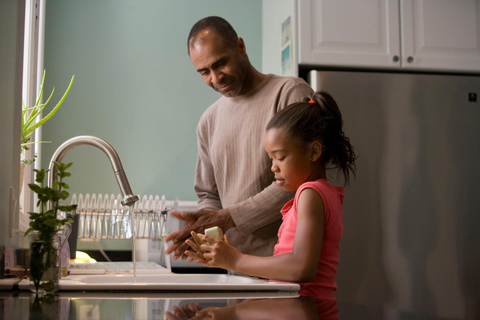Therapy Services
Our therapists approach trauma from empirically validated approaches that incorporate the whole person. They are trained in trauma-specific treatments and will participate in ongoing training and consultation. The RTC also seeks to provide trainings for the community and other helping professionals in order to increase education about the impact of trauma as well as effective treatment.
In individual therapy, the client and therapist work together to find solutions, support, and help. A therapist is a skilled professional trained to work with individuals who want to overcome issues interfering with their happiness, work, relationships, and other essential areas in life. Likewise, individual therapy aims to provide the individual with insights to make changes to thoughts, feelings, or behaviors that are causing them distress.
Addiction
By focusing on the individual, therapists may help individuals recover from addiction and begin to lead a happy life once again.
Trauma
Working with a trained professional in individual trauma therapy can offer many people a powerful form of support and healing.
Anxiety / Depression
Individual therapy can help a person overcome their fears and feelings of isolation by understanding the reasons that led to the initial anxiety and/or depression.
Grief & Loss
Individual therapy can be a positive experience for someone grieving. It may guide a person to start processing unresolved feelings and emotions allowing them to feel like their usual selves again.
In marriage and family therapy, the therapist collaborates with couples or families to explore solutions, offer support, and facilitate positive change. Our skilled professionals are trained to address issues affecting the happiness, dynamics, and relationships within a family unit. Marriage and family therapy aims to provide insights and interventions that promote constructive changes in thoughts, feelings, and behaviors, fostering healthier relationships and overall family well-being.
In marriage and family counseling, therapists focus on supporting individuals within the relationship, helping them navigate challenges, overcome obstacles, and rediscover happiness together.
In marriage and family counseling, therapists address child and adolescent behavior by working collaboratively with families to explore dynamics, foster effective communication, and implement strategies that support positive behavioral changes within the family unit.
Substance Abuse
Marriage and family counseling for substance abuse involves a collaborative approach to address and overcome addiction within the family context, fostering recovery and healthier relationships.
Communication
Marriage and family counseling enhances communication within the family unit, fostering understanding, empathy, and positive interactions among its members.
Eye Movement Desensitization and Reprocessing (EMDR)
EMDR is an approach that helps clients to identify how current symptoms are linked to both negative beliefs about themselves and unresolved stressful events.
EMDR activates both hemispheres of the brain using sets of eye movements, taps, or sounds. Attention is given to the stressful event, belief about self, emotion, and body sensation related to the event. Clients are asked to notice changes in images, emotions, body sensations and/or beliefs about the event.
EMDR can help to reduce the emotional charge associated with painful events. EMDR also seeks to strengthen positive, more adaptive, beliefs about self. More information about EMDR can be found at emdria.org.










